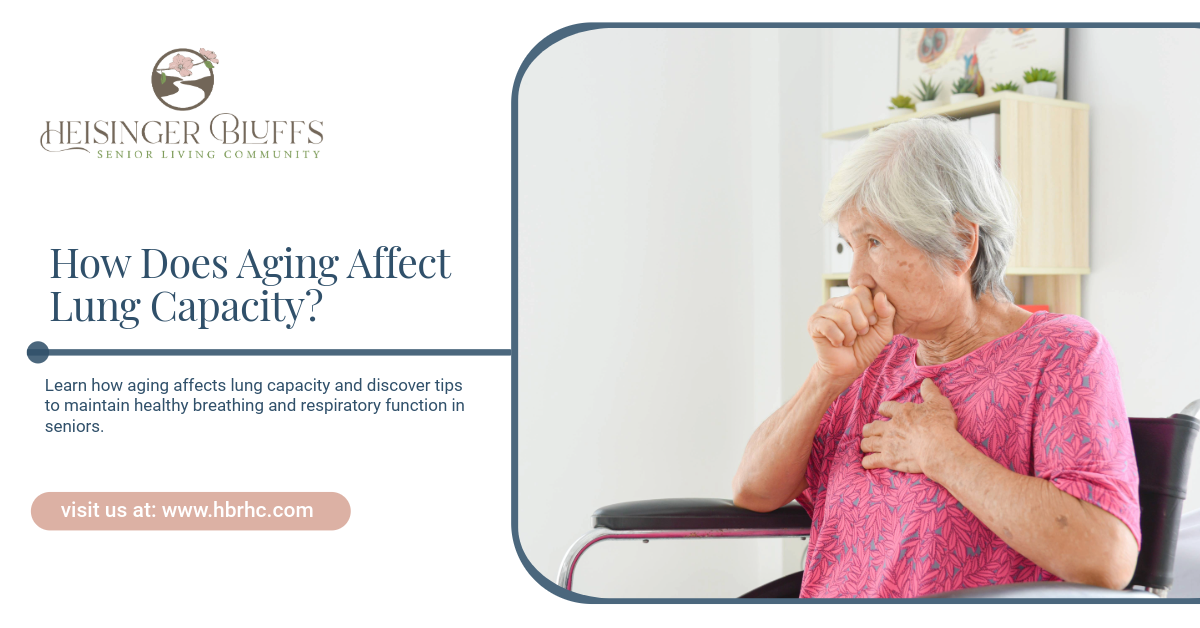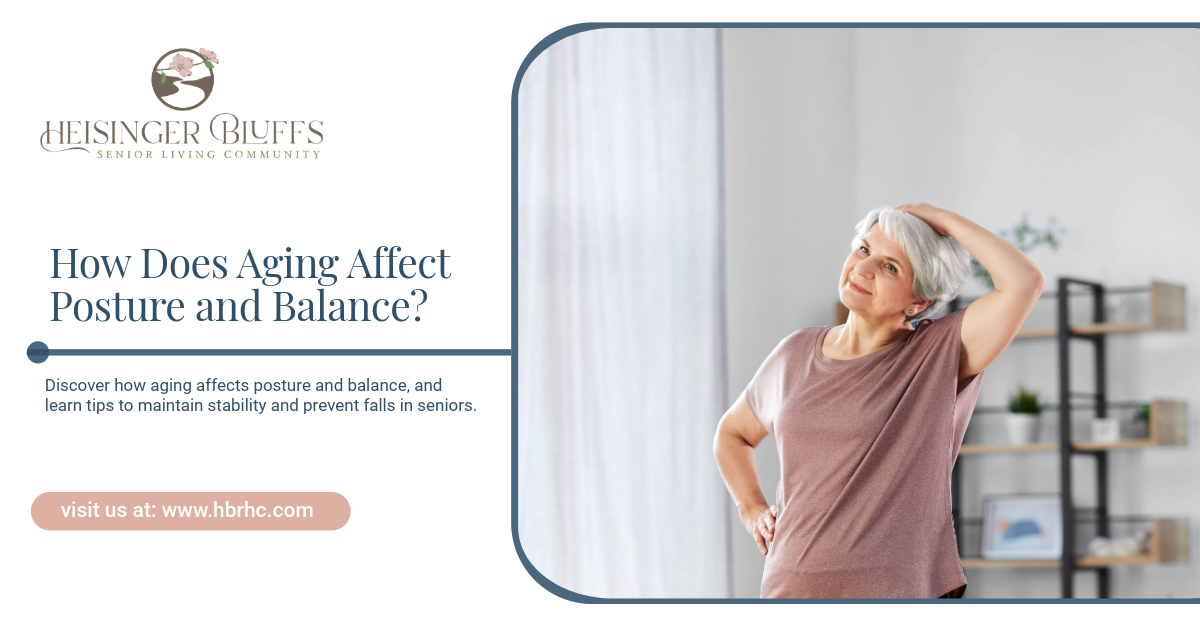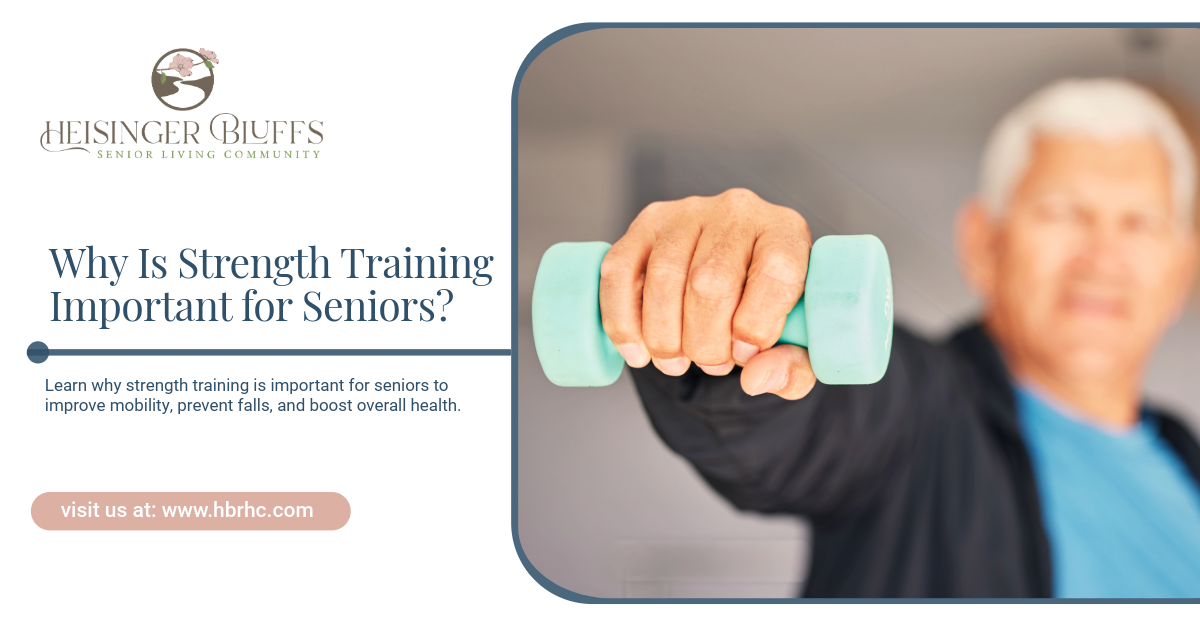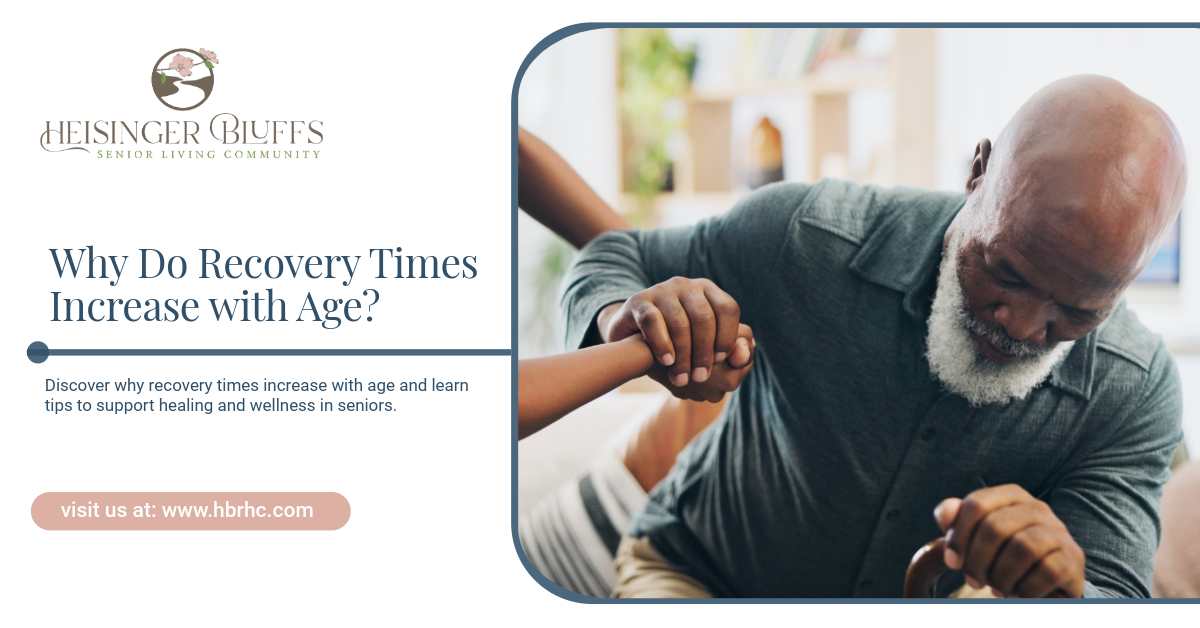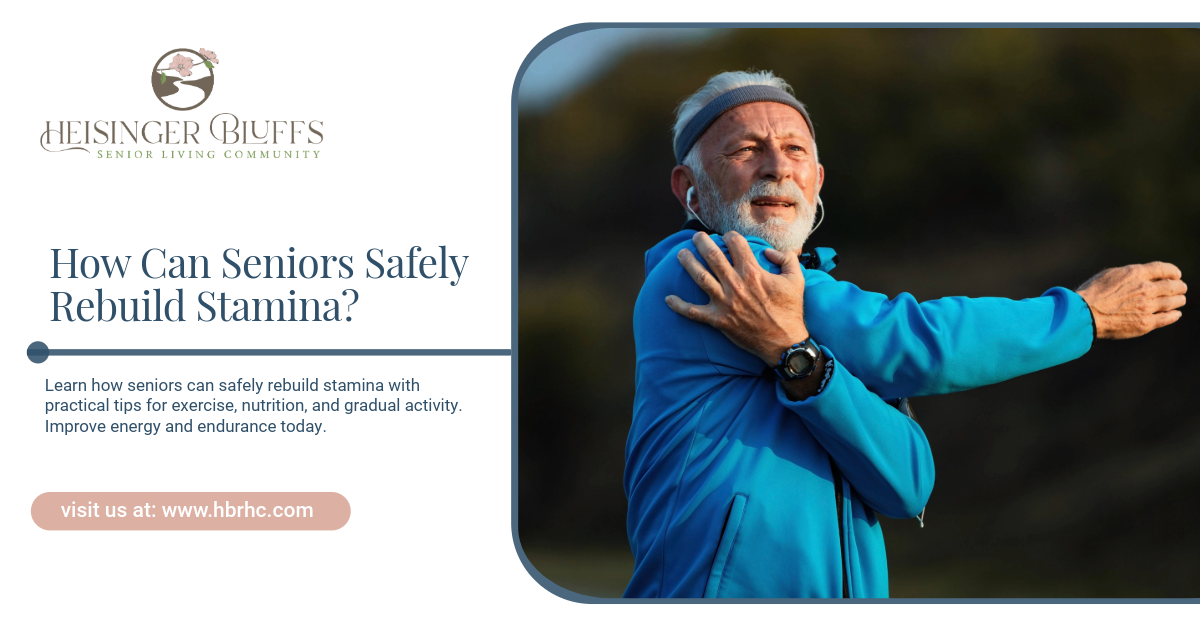The Role of Recreational Therapy in Senior Wellness Explained
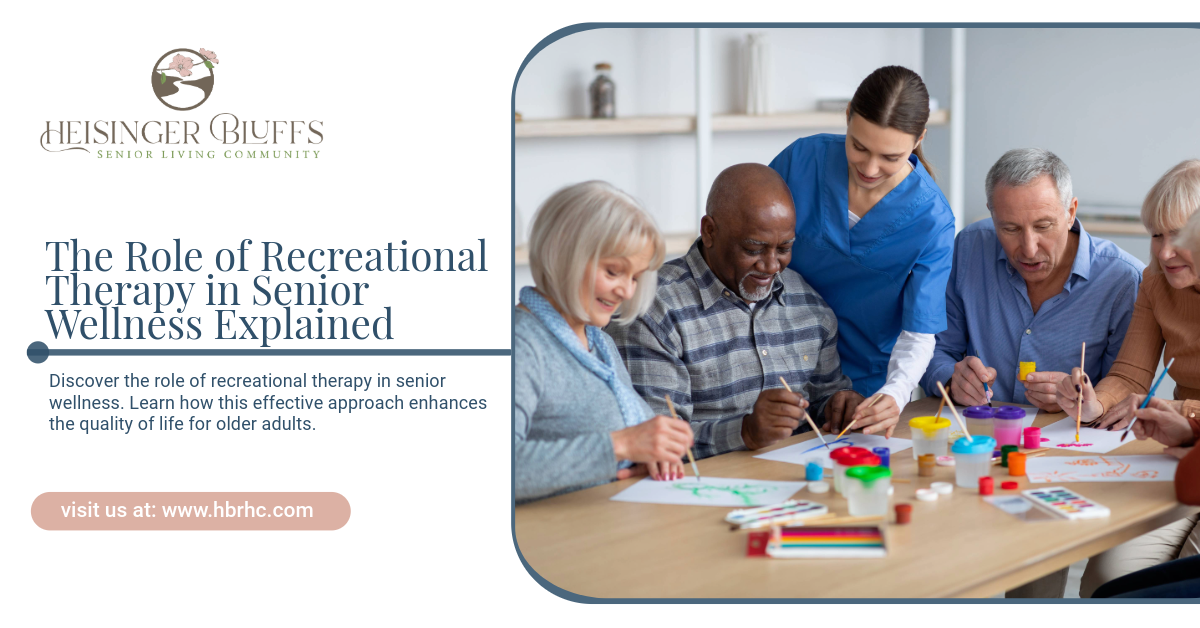
Key Highlights
- Recreational therapy offers a holistic approach in senior care, targeting the physical, cognitive, emotional, and social needs of older adults.
- Group activities foster social connections, build a sense of community, and reduce feelings of loneliness.
- Programs emphasizing creative expression and leisure pursuits enhance emotional health and bring joy.
- Physical activities strengthen mobility, support cardiovascular health, and reduce chronic condition risks like heart disease.
- Cognitive stimulation programs, such as memory games, help preserve mental sharpness and prevent cognitive decline.
- Overall, therapeutic recreation improves quality of life, promoting a sense of accomplishment and purpose in seniors.
Aging well is about much more than just keeping your body healthy. It is also about taking care of your mind and feelings. Recreational therapy can play a big part in helping older adults live better. By bringing together creative activities, physical activity, and social interaction, it gives seniors a better way of living. This approach helps support independence and brings more happiness into their daily life.
Older adults who join these regular activities can notice better cognitive function, stronger emotional health, and closer social connections. All of this helps to give them an overall sense of well-being and a better quality of life.
Keep reading to see how this new way can help older adults even more.
Understanding Recreational Therapy for Seniors
Recreational therapy is not just for fun. It uses planned activities that help meet the emotional, thinking, and physical needs of older adults. This type of senior care goes beyond what you find with normal care. It looks at ways to be helpful that also keep people active and involved.
Programs in recreational therapy are there with seniors in mind. They use things like music, the arts, and exercise. These are made for both good times and helping people feel and do better. This kind of therapeutic recreation helps older adults keep their minds sharp. It also makes them feel a sense of accomplishment, which is very important to have as people get older.
What is recreational therapy, and how does it differ from traditional care?
Recreational therapy uses fun activities to help people feel better, move better, and stay sharp. It is based on real proof and looks at overall wellness, not just one health issue at a time, like traditional care does. This way, it works on a person’s health by bringing good times into their daily life.
Traditional occupational therapy teaches people to do their daily jobs again. Recreational therapy, on the other hand, helps people find new meaning and purpose. Memory games are a big part of this work. They help people make stronger mind connections. Group gardening is another example. It not only helps the body get stronger, but it also lets people bond and get to know each other.
Recreational therapy brings in creative things, like music and art, to boost how people feel. These activities help people show their feelings and can lower symptoms of depression, too. This style of therapy is important in senior care. It does not just treat health problems. It brings joy, purpose, and value back into life.
Goals and core principles of recreational therapy
Recreational therapy aims to make life better by turning free time into something helpful for health and happiness. The main idea is to help older adults find ways to feel more independent and build emotional strength.
One way this works is by making sure people have fun, but they also feel good. For example, painting can help with creativity, but it can also give the person using it a sense of pride and make them feel like their day has purpose. Doing light exercise does more than help the body move; it can also help someone feel free and in control.
Another important idea is that every activity can change to fit the person. Recreational therapy matches activities to what the person likes and how active they can be. It may help lower symptoms of depression and keep the mind sharp, which is important in older adults. By using activities with a purpose, recreational therapy helps create a sense of accomplishment in those taking part. This can really raise the quality of life for many people.
Key Benefits of Recreational Therapy in Senior Wellness
Recreational therapy is important for older adults. It helps make their quality of life better in many ways. It can improve physical fitness and flexibility in people. This helps lower the chances of having long-term health problems. It also helps with emotional health. For example, it can lower feelings of anxiety and help with symptoms of depression. Because of this, people become stronger and have a more positive mindset.
There are activities in therapeutic recreation that focus on thinking skills. These activities can slow down memory loss. They also help people get better at solving problems. Plus, spending time on these activities helps older adults build strong social connections. With all of these benefits, older adults can enjoy life with more dignity and energy. In the end, recreational therapy makes a big difference in the overall quality of life for many people.
Enhancing physical health and mobility
Physical activity is very important for the health of seniors. Recreational therapy makes moving your body fun and easier to do. These activities, made just for older adults, like water aerobics or chair yoga, help improve heart health and make muscles stronger. Doing this kind of exercise keeps people moving better and cuts down the chance of falling. That helps many seniors stay more independent.
Joining these groups also helps lower the risk of having long-term health problems, like high blood pressure or arthritis. For example, simple walking routines help build up strength and balance. They do not use up too much energy, so people can join, no matter their current fitness level.
Therapeutic recreation is all about making sure each activity matches what the person can do. This brings significant benefits and keeps risks low. By finding the right types of exercise for each person, seniors can take charge of their health, keep active, and enjoy a better quality of life.
Supporting emotional and mental well-being
Recreational therapy helps seniors with their emotional and mental health. It helps them deal with things like stress, being alone, and symptoms of depression. When they take part in activities like music therapy, they start to feel emotions that are deep inside. This gives them a way to let out these feelings and enjoy the moment.
Mental stimulation games, such as puzzles or memory games, help seniors focus better. These games can slow down cognitive decline. When they use their minds, seniors keep their brains active, which can help lower the chance of dementia.
Doing creative things like painting or journaling is good for seniors’ emotional well-being, too. It lets them show who they are. When they finish a new project or piece of art, they feel proud. This is good for their self-esteem and helps them think positively about life.
Popular Recreational Therapy Activities for Older Adults
Seniors do well when they take part in leisure activities. These can include things like moving your body or doing creative things. Recreational therapy uses different activities that fit what people can do and what they like. This helps everyone stay active, no matter their ability. Popular activities are light yoga, walking, gardening, and board games. These help with both your body and your cognitive health.
If you like creative programs, things like crafting or playing music can make you feel happier. Games that make you remember things help keep your mind sharp. All these activities are made to help people, but also to make sure they have fun just being a part of them.
Physical activities that promote strength and balance
Recreational therapy brings in different kinds of physical activities that help older people stay stronger and keep their balance. These activities are good for the body and are easy to follow:
- Walking programs: Easy walks help with cardiovascular health. They also boost the stamina of the person.
- Chair yoga: This activity keeps the muscles flexible. It does not put too much stress on the joints.
- Water aerobics: Being in the water makes movement comfortable and low-impact. It’s a good choice for those who have arthritis or deal with pain.
- Dance classes: Dancing helps make muscles stronger. It also lifts the mood and lets people enjoy more social interaction.
When you add these activities to the daily routine, seniors have a better chance of staying independent. They also help prevent falls and make life feel good. Making a plan that fits each person keeps things safe and lets the exercises work as they should.
Creative arts and cognitive stimulation programs
Creative arts, along with brain-boosting programs, are an important part of recreational therapy. Things like painting or knitting help people express feelings and keep their minds active. These activities mix emotional health with ways to use your brain.
The following table shows the benefits of some programs:
| Activity | Benefit |
|---|---|
| Painting | Helps with emotional self-expression and uses small muscles in the hand. |
| Memory games | Helps people use critical thinking and keep their memory strong. |
| Craft workshops | Brings people together and boosts creativity. |
| Musical instrument play | Helps with memory and touches on the emotional parts of the brain. |
Using cognitive stimulation like this helps seniors keep their minds sharp. This, in turn, lets them keep up their quality of life.
Social Connections and Community Engagement Through Recreational Therapy
One of the big ways recreational therapy helps is by bringing people together and helping them feel less alone. Seniors who take part in group activities or join hobbies with others feel like they are part of something. This can push away feelings of loneliness.
When the activities have shared goals, people feel more accepted. Also, doing things together with others in recreational therapy helps with feelings and well-being because being around others makes them feel valued. All of this helps people build strong social ties, making it easier for them to have good conversations and live better.
Group-based activities and reducing isolation
Isolation is common for many older adults, but recreational therapy can help. Group activities like card games or gardening clubs give them a way to work as a team. These programs offer chances for people to laugh, feel proud, and share time together.
Joining these events helps turn people you only know a little into real friends. For example, in knitting circles, everyone can come together and make something special as a group. In doing so, people learn social skills and find it easier to get back into the bigger community around them.
Taking part in these group activities with others reduces loneliness. Spending time together through recreational therapy lifts emotional health and helps seniors feel happier and confident in their day-to-day lives.
Building lasting friendships and a sense of belonging
Recreational therapy helps people connect and build real friendships. Seniors who join in things like choir or book club often make close friends. These friendships usually last even after the activity ends.
Having strong social connections is good for a person’s sense of self and helps them feel needed. For example, when seniors take part in gardening together, they feel happy to be part of something and know they make a difference.
In the end, creating this feeling of belonging makes people happier. It also helps lower feelings like being left out or doubting oneself. This is what makes recreational therapy work so well.
Final Thoughts
Recreational therapy plays an important role in enhancing the well-being of older adults. Engaging in purposeful activities not only supports physical health but also fosters meaningful social connections and emotional balance. These programs go beyond addressing specific health needs, they help build a sense of belonging and reduce feelings of isolation.
Recreational therapy is a valuable part of a happier, healthier life for seniors. If you're interested in learning how these programs could benefit you or a loved one, Heisinger Bluffs offers a complimentary consultation. It’s a great first step toward discovering the support and enrichment this caring community can provide. Contact us today!
Frequently Asked Questions
What are the most effective recreational therapy activities for seniors?
Good activities for older adults include light exercise like yoga, doing fun things like painting, and being part of groups with music therapy. These choices help the body move better, boost thinking skills, and build social connections. They all work together to give older adults a better quality of life.
How does recreational therapy help manage chronic conditions in older adults?
Recreational therapy helps you manage long-term health issues in your life. This therapy uses physical activities such as walking or water aerobics to help the body and boost cardiovascular health. It also offers activities made for your needs, like gardening or stretching. These can lower pain and help you move better.
Can recreational therapy improve memory and cognitive skills?
Yes, recreational therapy helps keep your brain healthy. It uses memory games, puzzles, and many other simple activities. These things make you think more and help your memory. They also help protect against cognitive decline in older adults. These exercises let people keep their mental acuity and work on memory retention each day. By taking part in these activities, older adults can help their minds stay sharp.
Sources:
- https://catalog.olemiss.edu/applied-sciences/health-exercise-sci-recreation-mgmt/sra-580
- https://www.ncoa.org/article/the-top-10-most-common-chronic-conditions-in-older-adults/
- https://www.nimh.nih.gov/health/topics/older-adults-and-mental-health
- https://www.uclahealth.org/news/article/4-worthwhile-brain-games-older-adults-3
- https://www.medicalnewstoday.com/articles/brain-exercises





